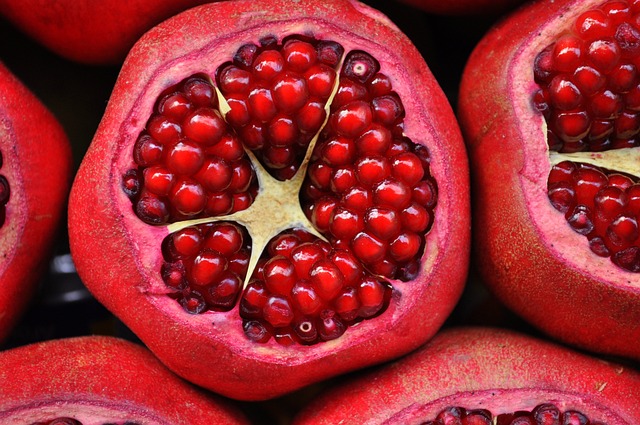Unlocking the Power of Probiotics: How These Live Cultures Can Supercharge Your Gut Health
Our bodies are home to trillions of bacteria, both good and bad. While the word ‘bacteria’ might sound concerning, the reality is that not all bacteria are harmful. In fact, there are certain types of bacteria that are incredibly beneficial for our health, especially when it comes to our gut. These beneficial bacteria are known as probiotics.
What are Probiotics?
Probiotics are live microorganisms that, when consumed in adequate amounts, provide health benefits to the host (that’s us!). They mainly consist of bacteria, but some types of yeasts can also act as probiotics.
The most common types of bacteria used as probiotics include strains from the Lactobacillus and Bifidobacterium genera. These bacteria are naturally found in our digestive system and play a crucial role in maintaining a healthy gut.
The Benefits of Probiotics
Probiotics offer a wide range of benefits for our gut health and overall well-being. Let’s take a closer look at some of the ways they supercharge our gut:
1. Restoring the Balance of Gut Flora
When our gut flora is imbalanced, meaning there’s an overgrowth of harmful bacteria, it can lead to various digestive issues such as bloating, gas, and diarrhea. Probiotics work by restoring the balance of gut flora, inhibiting the growth of harmful bacteria, and promoting the growth of beneficial bacteria.
2. Boosting Digestive Health
Probiotics aid in the breakdown and absorption of food in our digestive tract. They also produce enzymes that help break down complex carbohydrates, proteins, and fats, making it easier for our bodies to digest and absorb nutrients.
3. Strengthening the Immune System
A significant portion of our immune system is located in our gut. Probiotics have been shown to stimulate the production of immune cells, enhance the gut barrier function, and decrease inflammation in the gut. By supporting a healthy gut, probiotics can help strengthen our immune system and lower the risk of infections.
4. Alleviating Digestive Disorders
Research suggests that probiotics can alleviate symptoms of various digestive disorders, such as irritable bowel syndrome (IBS), inflammatory bowel disease (IBD), and antibiotic-associated diarrhea. These conditions often involve an imbalance in gut bacteria, and probiotics can help restore harmony.
Sources of Probiotics
Probiotics can be obtained through certain foods and supplements. Here are some common sources:
1. Yogurt
Yogurt is perhaps the most well-known probiotic food. Look for yogurt with ‘live and active cultures’ on the label to ensure you’re getting the probiotic benefits.
2. Kefir
Kefir is a fermented milk drink that contains a combination of bacteria and yeast. It’s rich in probiotics and typically has a tart and tangy taste.
3. Sauerkraut
Sauerkraut is fermented cabbage that is rich in probiotics. When purchasing sauerkraut, opt for the unpasteurized variety as pasteurization can kill the beneficial bacteria.
4. Kimchi
Kimchi is a traditional Korean side dish made from fermented vegetables, including cabbage and radishes. It not only adds a delicious kick to meals but also provides a good dose of probiotics.
5. Probiotic Supplements
If getting probiotics from food sources is challenging, you can consider taking probiotic supplements. However, it’s important to choose high-quality supplements from reputable brands.
Conclusion
Probiotics offer numerous benefits for our gut health and overall well-being. By restoring the balance of gut flora, boosting digestive health, strengthening the immune system, and alleviating digestive disorders, these live cultures have the potential to supercharge our gut and optimize our health. So, incorporate probiotic-rich foods into your diet, or talk to your healthcare provider about prob







